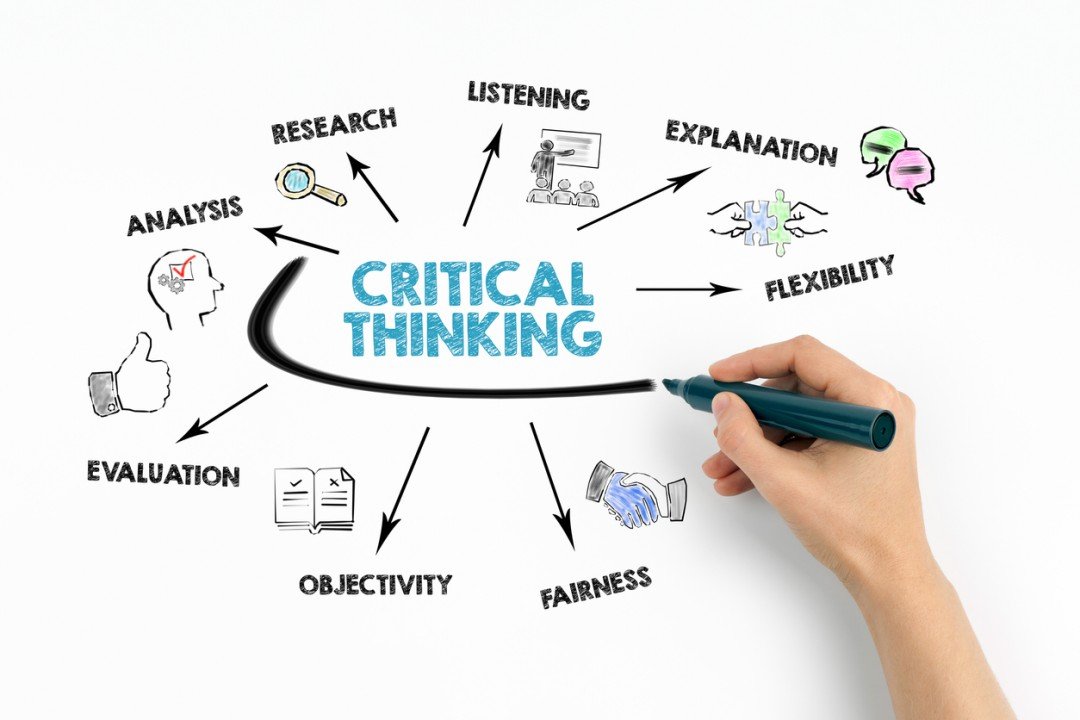
Why Teach Critical Thinking?
Education is at a crossroads. The old model—where students sat in silence, absorbing information like empty vessels—no longer serves a world overflowing with knowledge, misinformation, and competing narratives. Today, memorization is obsolete. The ability to think critically is what separates the informed from the misled, the independent from the manipulated.

Teaching
Teaching is the ultimate stress test for knowledge. It drags understanding out of the shadows, strips away illusions, and forces clarity. The moment you try to explain something, you see its structure—or its cracks. You stumble over details you assumed you knew, struggle to simplify what once felt obvious, and realize that half of what you believed was muscle memory, not mastery.

The War in Your Skull
The war within your mind is a constant struggle between the Thinking Brain and the Feeling Brain—logic versus emotion, strategy versus impulse, long-term vision versus immediate gratification. The Thinking Brain calculates, plans, and ensures stability, while the Feeling Brain fuels passion, creativity, and connection. When one dominates, life becomes either sterile or chaotic. True mastery comes not from silencing one side but from learning when to let each lead. Through history, science, and personal experience, we see that the greatest minds and most fulfilled lives find a way to balance these forces. The Thinking Brain maps the road, but the Feeling Brain chooses the direction. The key to a rich and meaningful life is not picking one over the other—it is integrating both, allowing logic and emotion to work in harmony, shaping a life of both wisdom and wonder.

What makes a Great Citizen?
“The first requisite of a good citizen in this Republic of ours is that he shall be able and willing to pull his weight.” - Theodore Roosevelt

How Teachers Matter?
“Teachers are like farmers—they plant seeds of knowledge, nurture growth with patience and care, and cultivate minds that will one day bear the fruits of wisdom and innovation.” - William Maccano